In 2019, Costa Rica exported $11 billion worth of goods, a quarter of which comprised fresh produce. The main fruits exported by the country are bananas and pineapples, and 85% of their markets are located in Europe and North America. Other products such as sweet potato, cassava, mangoes, melons and ginger are also being exported successfully all around the world.
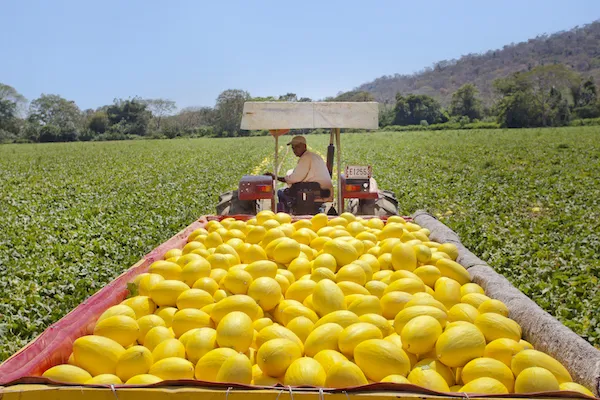
Pedro Beirute Prada, CEO of PROCOMER explains: “Last year, our products were exported to 111 countries, and we exported a total of 347 different agricultural products. Considering the size of the country, this is a lot. The country has several different microclimates which allows us to grow such a diverse array of products. In the past thirty years, Costa Rica has been focusing on opening the country to trade and we have Free Trade Agreements with more than 50 countries throughout the world.”
He adds: “In addition to traditional tropical fruits such as pineapple, banana and mango, Costa Rica offers a wide variety of exotic fruits, including rambutan, pitahaya, star fruit and cape gooseberry. The largest consumer of Costa Rican fruit is the US – their imports from Costa Rica comprises 42.2% of Costa Rica’s exported products and they consume four times the amount acquired by the second largest importer of Costa Rican fruits.”
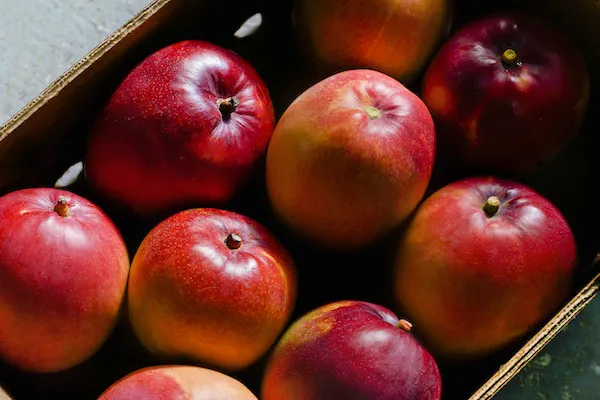
Country rebranding: Essential Costa Rica
Seven years ago, Costa Rica made the decision to rebrand their country and expand the way they market themselves to the world. “It was a bold and risky decision, but we decided to evolve from a brand that centered around tourism. The new brand is Essential Costa Rica and while tourism still remains important, there is now also a great focus on business: we wanted to attract foreign direct investment and increase our trade,” says Beirute.
As part of the Essential Costa Rica brand is a certification and licensing process, Beirute explains. “It is similar to certification programs such as Global GAP and Fairtrade, but it also goes beyond that,” he says. “The focus is on helping to improve the companies and creating a competitive edge for small businesses. We measure aspects such as waste management, people management, energy management and more. The companies who pass obtain their Essential Costa Rica license, which helps them have a boost in the market.” Targeting small and medium businesses is an important issue for PROCOMER. “Costa Rica is a well-off country, and we believe this comes with a responsibility of ensuring that trade works to everyone’s benefit. That is why PROCOMER has put a lot of effort into helping small and medium businesses.”
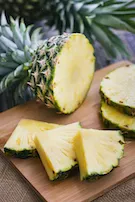 COVID-19 impacts kept at a minimum
COVID-19 impacts kept at a minimum
Costa Rica has been at the forefront of keeping the pandemic under control within their country, Beirute shares. “We have only had about ten deaths, and a little over a thousand cases. So, the numbers are low, and there is also a really low mortality rate of less than 1%.” The growers throughout the country are working hard to keep their workers safe: “We have many protocols in place and everybody is holding strictly to these protocols. We know that the moment there is an increase in cases, there’s the risk we have to close down plants or factories. So, our producers are very conscious about applying the protocol and taking care of the health of their staff. Long-term, it’s good business to be cautious and being successful at managing the pandemic also helps build an image of trust,” he says.
Logistically, the issues have been minimal, according to Beirute. He says: “When it all began, there was of course a bit of a container shortage and there was a bottleneck, logistically, in China. But that has stabilized now, and these days we are operating with normality. There are a few challenges at the borders – they are very strict with inbound and outbound trucks, but this hasn’t had too much of an effect on agricultural products.”
While the disruptions haven’t been too bad, there has been a decrease in the amount of exports in the last month. This, however, can largely be attributed to the temporary loss of the foodservice industry throughout the world. “In the first three months of the year, our overall exports were up 10% and the agricultural exports were up 5% from the same period in 2019. Last month, in April, the overall export growth declined to 5%, and the agricultural exports went to -1%. But, considering the overall global situation that’s really not that bad. The largest loss came from foodservice – tourism is down, and hotels aren’t using as much food as they usually do. While people eating more at home has helped recover the numbers a bit, it hasn’t made up for it entirely.”
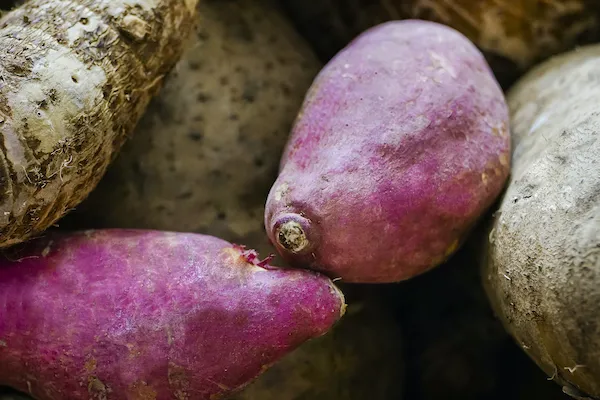
Beirute is optimistic for the summer months, though. “We have heard that Europe hasn’t had the same production as they usually do this year because of the pandemic. Usually, our markets slow down in the summer, but now that there might be less of the European seasonal fruits in the market, we may have a good window to help us recover this summer,” Beirute says.
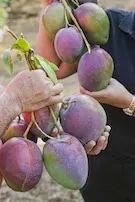 Buyers Trade Mission event goes virtual for 2020
Buyers Trade Mission event goes virtual for 2020
Every year, Costa Rica holds a Buyers Trade Mission (BTM) event, in which buyers from 40 different countries come to Costa Rica to meet with growers. The event includes face-to-face meetings, as well as farm visits. Beirute explains: “You can talk about your efforts toward sustainability, labor rights, and human rights, but nothing beats being able to actually show potential buyers. They can see the water quality, the way in which the employees are treated, and what safety rules and protocols are being implemented in the fields and processing plants – that gives us a competitive edge.”
The event usually takes place over three days, but now that it has been moved to a virtual platform due to the pandemic, it will take place over the course of a full week. “This will make the event more effective, and we can plan more meetings. So far, we’ve had very positive feedback from the international buyers about the virtual event. It’ll be our first time doing it virtually, but everyone is positive and looking forward to it,” Beirute says.
PROCOMER works hard to screen the buyers as well as the sellers for this event. “Everyone goes through a strict process of validation. This helps elevate the quality of the event. We match the buyers with the sellers and ensure that they match up well in the products they are working with and the volumes they are looking to work with. This year, due to the virtual platform, we are expecting higher participation as well as a very good quality of buyers,” Beirute concludes.
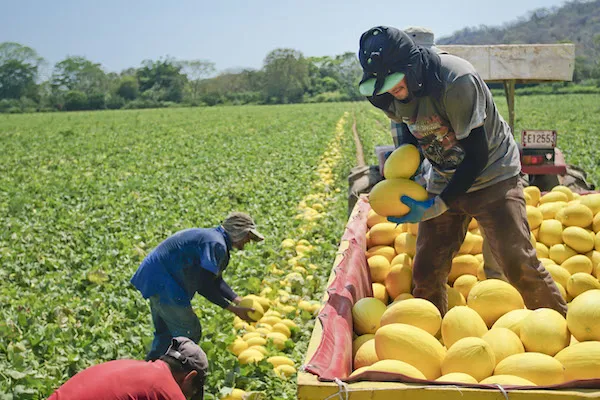
For more information about the Costa Rican export offer, please contact the Trade Promotion Offices of PROCOMER.
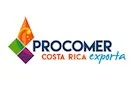 Europe:
Europe:
Alexander Román
Email: aroman@procomer.com
Jorge Zamora
Email: jzamora@procomer.com
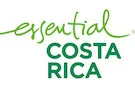 North America:
North America:
Maykool López
Email: mlopez@procomer.com
Zacarías Ayub
Email: zayub@procomer.com
Michelle Corriols
Email: mcorriols@procomer.com
